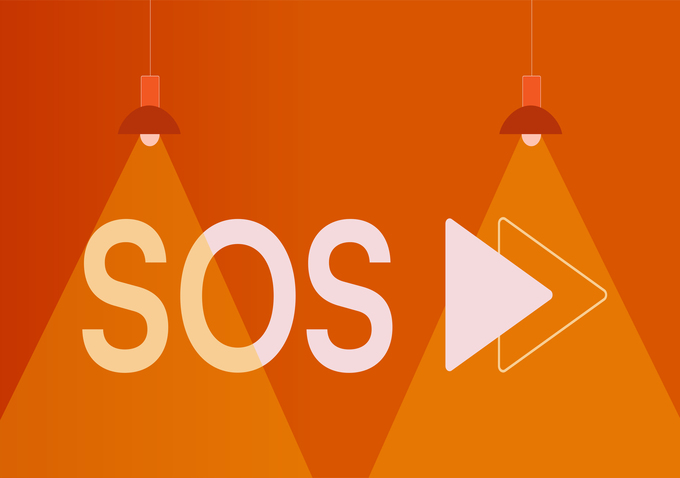

Why We Pay Our Creatives (And You Should Too)

Six months ago a young graphic designer came into our office to have a look at some promotional cards she had designed for us. The cards were to be used as handouts at a conference to promote our agency.
They were beautifully hand-drawn. It turned out she’s part of an emerging movement in Singapore that is shunning digital manipulation. She beamed at the cards with pride. I barely paid any attention until she asked if she could take a few.
“It’s my first job,” she said without taking her eyes off her creation.
“Of course, take as many as you want,” I said.
I immediately recalled my first years as a newspaper journalist cutting out all my articles and pasting them into enormous advertising scrapbooks that I still have in the storeroom at work.
The girl had just graduated from the art school across the way from our office and we had seen her work in their final year show.
I think we paid her S$150 for a day’s work on the job. Not much but she’s straight out of school, so a reasonable amount in our market.
We’ve always paid our freelancers and interns and never asked anyone to work for free.
The one time we had someone work for us for free, it was a young writer, who offered to do one short script for free in the hope of proving himself, having not written that type of copy before. I offered to pay him but he insisted. It was good and we pay him for his scripts now.
As someone who profits from the creative work of others, I want the best I can get to sell to my clients and that has value. It would feel like stealing getting someone to work for free and then selling it off at top dollar. Not only that, I don’t want to contribute to an industry mindset that is engaged in constantly discounting to win work. If we in the creative industries devalue the components of work that go into our products we’re creating a race to the bottom that benefits nobody.
When my business partner and I set up the company, we didn’t realise it but we had a mission in mind. For me, it was about monetising the skills of journalists – editors, reporters and photographers – my old workmates.
With newspapers withering I found it hard to believe that my former colleagues and I should be marginalised in whatever the workforce looked like afterwards.
We who had interviewed prime ministers and dictators; braved war zones, violence, and hostile environments; negotiated with the lowliest petty bureaucrat in a foreign country and parlayed with the most important CEO in a boardroom. We, who all the time produced great copy, day after day, in an endlessly complex legal environment.
I couldn’t and still can’t believe that these skills are relatively worthless outside a news publishing environment. For wizened decision-making ability alone, I’d take a journalist any day. Journalists are born salespeople, but with the perceptiveness of psychologists. They can understand the complex with little difficulty but also simplify it into an analysis that anyone can understand with ease.
So in starting a production company that became a motion content agency, I’ve almost subconsciously tried to create something that could employ a few old hacks like myself. And I’ve been lucky enough to do so.
In the process, I’ve discovered some interesting skill cross overs. Just one example is, that press photographer, make great directors. When you’re trying to position a scene, there’s nothing better than having a press photographer around telling people where to stand, what to do, where to look, etc. The shots always benefit from their skill in knowing exactly what moment they want to capture.
My business partner, Neal Moore, coming from more of a music, television and drama background, was similarly thinking about the worthiness of artists, like musicians and actors when we set the company up.
He has always been in my ear about how these professions have just as much right to earn a decent wage, the sort of wage that allows you to buy a house, get married, send your kids to school and provide for your retirement. We’re not talking about movie stars here, so it’s not that much to ask.
But in the current environment, it seems all of us in these creative industries, especially freelancers, have been dealt a pretty rough hand as we move across to digital distribution. That’s why, in light of recent events, we’ve decided to formalise our payment policy at Click2View, and in the process, we created a special mark that signifies that we will treat our freelancers and staff decently.
So our new payment policy sets out simply that we will not ask for, or accept free work from our freelancers or interns. Where content is commissioned and produced by professionals for profit (no matter what stage they are in their career) it should be paid for.
The mark is the “Paid Free Thinker” mark. I’ve always liked the idea that I worked in a business where thinking, even if it means 15 minutes staring into space, is valuable. And all creatives like to think of themselves as free thinkers so the mark represents a value proposition for creatives.
So please share this if you like and hopefully we can encourage a few others who profit from people’s creativity to do the same.








